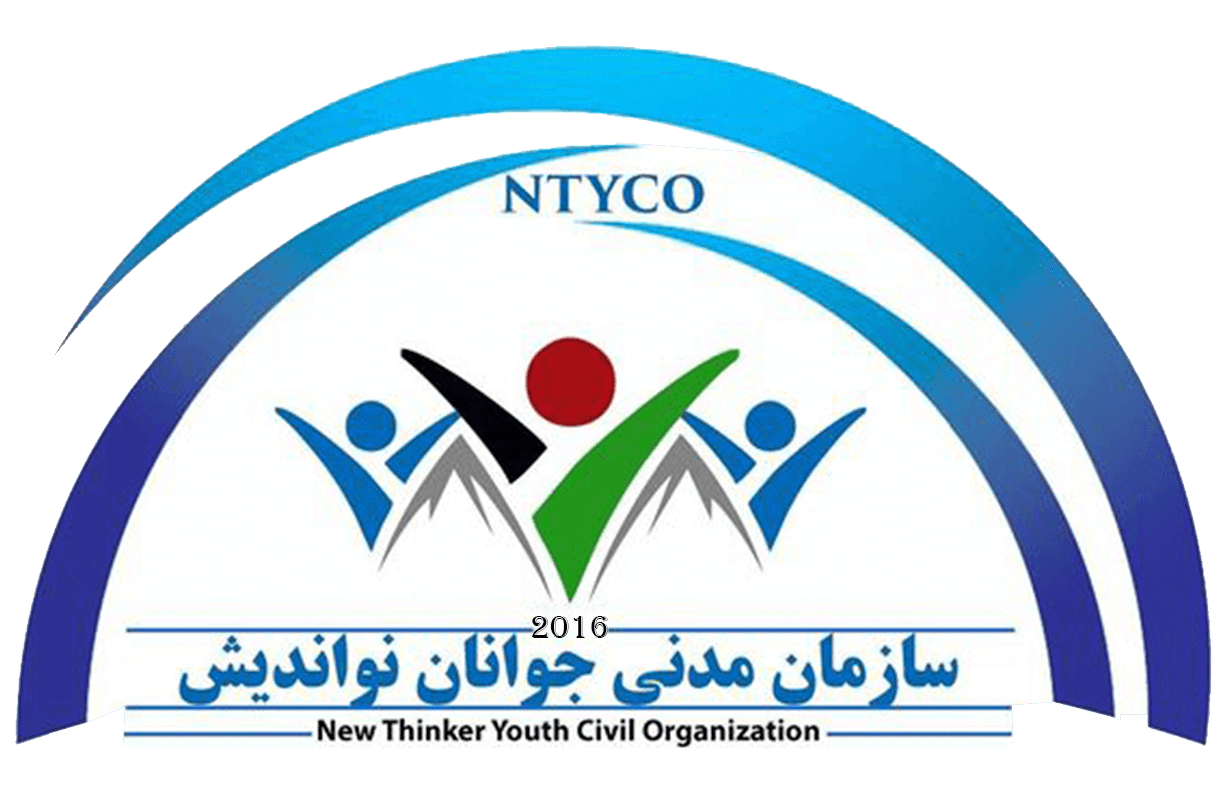International People’s Tribunal on Taliban’s Atrocities
"The Taliban Atrocities Tribunal" is an international people's tribunal that investigates and documents the widespread human rights violations and crimes against humanity committed by the Taliban since August 15, 2021, to ensure justice and accountability.
Justice for Victims
Ending Impunity
Holding Perpetrators Accountable
Recognition of Gender Apartheid
“The Taliban Atrocities Tribunal” is an international people’s tribunal established by Afghan human rights defender organizations in exile in response to the blatant human rights violations and atrocities committed by the Taliban since their takeover of Afghanistan on August 15, 2021. This Tribunal seeks to address the widespread and systematic crimes perpetrated against the Afghan people, including women, girls, human rights defenders, journalists, former government officials, soldiers, and civilians. This Tribunal will investigate, document, and adjudicate these atrocities, seeking justice for the victims and accountability for the perpetrators.
While the Tribunal's decisions are not binding, it stands as a beacon of hope and justice for the Afghan people, honoring victims, holding perpetrators accountable, and ensuring Taliban crimes do not go unpunished, thereby contributing to a future where justice and human rights are upheld in Afghanistan and beyond.
Purpose and Objectives
The primary purpose of the Tribunal is to establish the truth, provide justice for the victims, and generate moral reparation for the harm done. It aims to document and expose the Taliban's atrocities, hold perpetrators accountable, and ensure that these crimes do not go unnoticed by the international community.
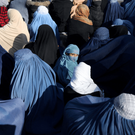
Platform for Victims
Offer a space for victims and witnesses to share their experiences and seek justice (they will attend the Tribunal online or in person).
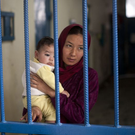
Truth Establishment
To comprehensively document the evidence and testimonies regarding human rights abuses and crimes committed by the Taliban.
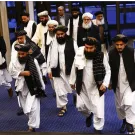
Justice & Accountability
To hold the Taliban accountable for crimes against humanity, gender apartheid, and other severe violations of human rights and international laws.
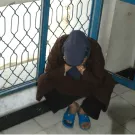
Reparation for Victims
To acknowledge and validate the suffering of victims, provide a platform for their voices to be heard, and ensure their voices are amplified and respected.
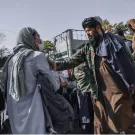
Gender Apartheid
To prove that gender apartheid is growing under the Taliban regime and to increase global awareness of the human rights violations and atrocities in Afghanistan.
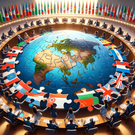
Encourage International Actors
To encourage international bodies, including the United Nations, to take concrete steps toward justice and accountability in Afghanistan.
How the Tribunal Works
The Tribunal will comprise a panel of distinguished judges with expertise in international law, human rights, and Afghanistan affairs. The panel will evaluate evidence, hear testimonies, and judge the Taliban's conduct. The Tribunal will hold multiple sessions and hearings, both in-person and virtually, to gather evidence and hear from a diverse range of witnesses. These will include:
Victims and Survivors:
Individuals who have directly suffered from the Taliban's actions, sharing their personal experiences of violence, persecution, and repression.
Families of Victims:
Relatives of those who have been killed, tortured, or disappeared, providing testimony on the impact of the Taliban's crimes on their lives and communities.
Witnesses:
Eye-witnesses of human rights abuses, who will testify before the Tribunal with authentic documents, photographs, videos, and other forms of evidence to corroborate their accounts.
Civil Society Representatives:
Leaders and members of Afghan civil society organizations who have documented the Taliban’s atrocities, sharing their findings and recommendations.
International Observers:
Representatives from international organizations and human rights bodies who can provide a global perspective on the Taliban’s actions and their implications.
Procedures
Establishment
The Tribunal will be established by a coalition of Afghan human rights organizations in exile and will be supported by international human rights organizations and NGOs.
Hearings
Public hearings will be conducted to present evidence and testimonies. (These hearings will be published online on international and social media).
Findings and Recommendations
The Tribunal will issue detailed reports on its findings, identifying individuals and entities responsible for crimes. Recommendations will be made for further action by international bodies, national governments, and civil society.
Jurisdiction
The Tribunal will have jurisdiction over crimes committed in Afghanistan by the Taliban since August 15, 2021.
Evidence Collection
A comprehensive process for collecting, preserving, and presenting evidence, including witness testimonies, videos, audio, photos, documents, and forensic data.
Sharing Tribunal Conclusions with Key Global Actors
The conclusion of the Tribunal will be shared with the United Nations, the European Union, the United States government, and other actors who influence the Taliban's decisions.
Scope of Investigation
Since the Taliban took control of Afghanistan, they have committed numerous human rights violations, many of which extend beyond the scope of the Tribunal. The Tribunal will focus specifically on the most egregious atrocities committed by the Taliban. Its jurisdiction begins on August 15, 2021, when the Taliban assumed power, and extends to the present. Crimes committed before this date will not be investigated, as the Taliban were not recognized as a government but operated as a terrorist group. Now, as the de facto government, the Taliban are responsible for their actions and must be held accountable by the international community.
The Tribunal will focus on investigating the following crimes committed by the Taliban:
Gender Apartheid
Systematic oppression of women and girls, including preventing them from accessing education, employment, and public life.
Systematic Repression and Violence
Arbitrary detentions, torture, and extrajudicial killings of human rights defenders, civil society activists, journalists, former government officials, and soldiers, along with citizens' brutal public punishments and harassment.
Public and Moral Authority
While the Tribunal decision is non-binding and may lack formal legal enforcement power, its findings will carry significant moral authority, influencing public opinion inside and outside Afghanistan and policy decisions.
Legal Framework
The Tribunal will adhere to international legal standards, including:

International Human Rights Law: Treaties and conventions to which Afghanistan is a party.

International Humanitarian Law: Customary laws applicable during armed conflicts.

General Principles of Law: Derived from national and international legal systems.

And all other applicable national and international laws and regulations.
Partnerships and Collaboration
The Tribunal will work closely with:
Human Rights Organizations
Partnering with national and international organizations that have expertise in human rights documentation.
Civil Society Groups
Engaging with Afghan civil society to ensure that the voices of the affected communities are heard.
International Bodies
Coordinating with international institutions for support and recognition of the Tribunal’s findings.
Transparency and Accessibility
The Tribunal commits to:
Transparency
Maintaining open and transparent procedures, with regular updates and reports available to the public.
Accessibility
Ensuring that information is accessible to all, including victims, witnesses, and the broader international community.
Expected Outcomes
Detailed Documentation
A comprehensive and authoritative record of the Taliban's crimes.
Legal Framework
Recommendations for legal actions against the Taliban, including potential prosecutions in international courts.
Policy Recommendations
Guidelines for international bodies and governments on how to support justice and human rights in Afghanistan.
Moral Judgment
A clear and unequivocal moral condemnation of the Taliban's actions.
Awareness and Advocacy
Increased global awareness and advocacy for the Afghan people's plight.
International Solidarity
Strengthening international solidarity and cooperation to pressure the Taliban regime and support the Afghan people's struggle for justice and human rights.
Global Impact
The Tribunal is expected to have a significant global impact by:
Bringing international attention to the Taliban's atrocities and galvanizing global action.
Encouraging international actors and organizations to pursue legal and diplomatic measures against the Taliban.
Publishing the Tribunal Process and Its Outcomes through Media to generate public discourse and put international pressure on the Taliban.
Providing a framework for future tribunals and investigations into similar crimes elsewhere.
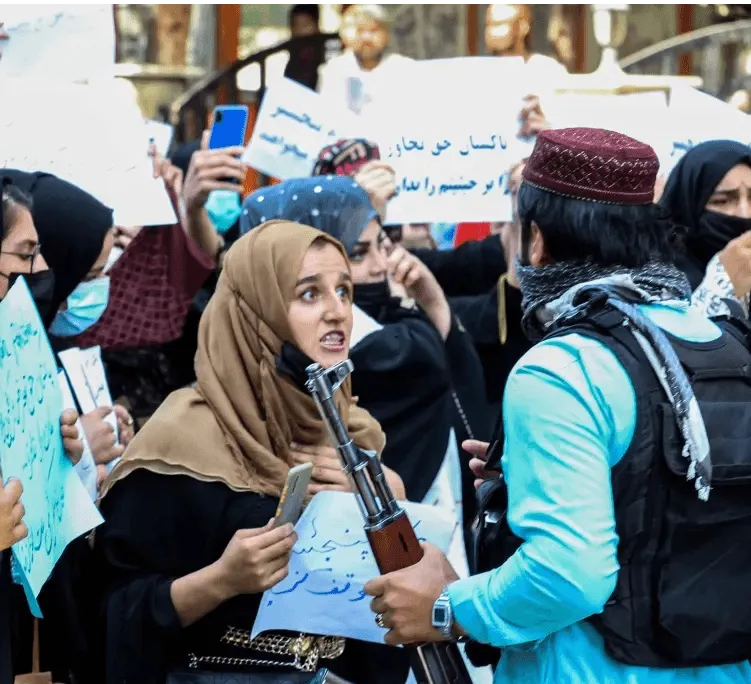
Location of the Tribunal
The “International People’s Tribunal on Taliban's Atrocities in Afghanistan” will be held in Europe, with Germany as the preferred country.
Media Coverage
The Tribunal will receive extensive media coverage from international outlets, including television, radio, newspapers, and online platforms. The organizers place significant emphasis on media coverage, recognizing its importance in raising global awareness, ensuring transparency, and mobilizing international support for justice and accountability in Afghanistan.
History of Tribunals and Role of Human Rights and Civil Society Organizations
Tribunals have played a crucial role in addressing gross human rights violations and war crimes throughout modern history. The concept of Tribunals dates back to ancient times, but the contemporary framework for international criminal justice began to take shape in the 20th century. Human rights and civil society organizations have increasingly taken a proactive role in addressing impunity for gross human rights violations and advocating for justice. These organizations have organized people's tribunals and other initiatives to document atrocities, hold perpetrators accountable, and raise awareness. Notable examples include:
Russell Tribunal (1966-1967)
Also known as the International War Crimes Tribunal, it was organized by British philosophers Bertrand Russell and Jean-Paul Sartre to investigate and evaluate U.S. military intervention in Vietnam. This tribunal, though not legally binding, brought significant international attention to the issue.
Iran Tribunal (2012)
Established by victims' families and human rights organizations to investigate and document the mass executions of political prisoners in Iran during the 1980s. It provided a platform for victims to share their stories and sought to hold the Iranian government accountable.
Aban Tribunal (2021)
Organized to address the violent suppression of protests in Iran in November 2019. This tribunal documented human rights violations and provided a detailed account of state-sponsored atrocities.
Uyghur Tribunal (2021)
In 2021, the Uyghur Tribunal was organized to investigate allegations against the People's Republic of China (PRC) for committing severe international crimes against the Uyghurs and other Muslim populations in the Xinjiang region. The tribunal sought to examine reports of mass detentions, torture, forced sterilization, and other human rights abuses.
